At the Bottom you can View this Great Information about Hemp in Thailand. You click the “arrows” to scroll through the Pages. Great Reading. Educate Yourselves!
Thank You Chris!!
The Thai government has been slowly legalizing certain segments of the hemp industry over the last few years. On January 25, 2021, the Ministry of Public Health (MOPH) published a ministerial regulation allowing for the commercial production and use of hemp. Hemp, in general, remains a narcotic drug, but certain parts of the hemp plant have been de-listed for domestic production and use. Hemp and several of its by products, including cannabidiol (CBD) extract, are allowed for use in cosmetics, pharmaceuticals, clothing, food, and other sectors.
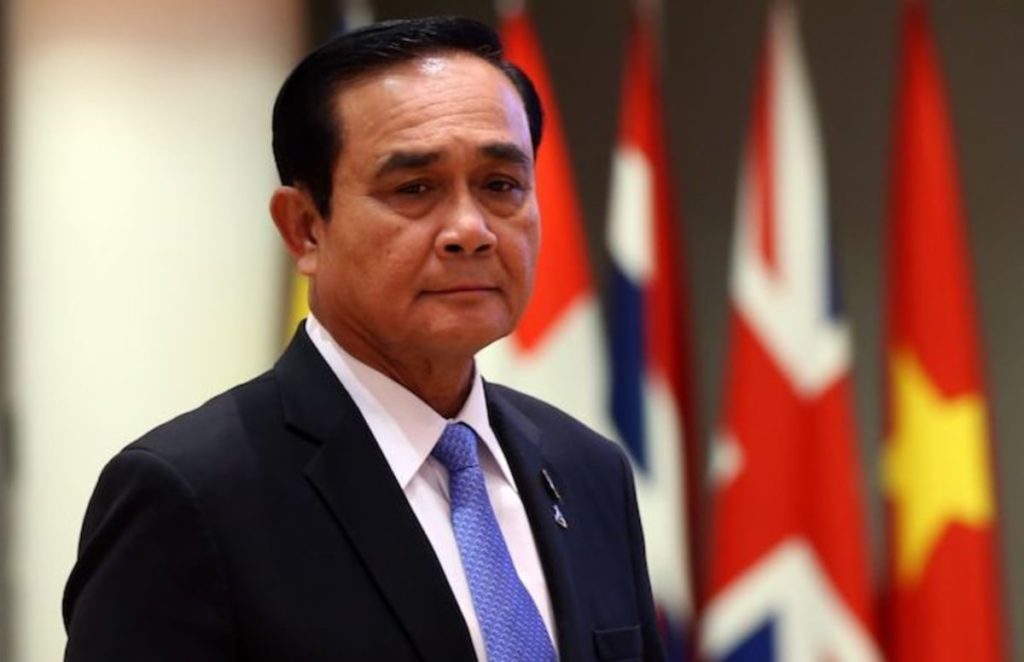
The Boss
The importation of hemp and hemp products, however, is limited to government agencies for medical and research purposes for five years until January 2026. In addition, the importation of hemp and hemp products are still treated as narcotics and subject to the import regulations of narcotic substances. The only parts of the hemp plant that can be imported into Thailand is dried bark, dried straw, and dried fiber. The Thai government has encouraged the private sector to focus on hemp to create economic value from it. The ban on importations is seen as a way to help the domestic industry grow before facing foreign competition.

Queen Sirikit
HEMP PRODUCTION:
There is a long history of hemp production in Thailand. There are several northern tribes that have been producing hemp for generations. However, cultivation of hemp became illegal with the passing of the Narcotic Act in 1979. In 2005, Queen Sirikit helped protect some hemp production by bringing some farms into the Royal Development Project program. She also worked with the Cabinet to promote the legalization of hemp production. The Cabinet agreed that hemp could be commercialized if it was properly regulated. However, the first pilot program for hemp production was not initiated until 2018, and only government agencies or universities partnered with government agencies were allowed to grow industrial hemp for research purposes.
The pilot program was set for 3 years (2018-2020) and growers had to get an annual permit from the Thai FDA to produce hemp, produce certified seed, or produce any narcotic from the hemp plant. Most of the hemp plantations that participated in the pilot project were under the Royal Development Project. The plantations were mainly located in eight provinces in the northern region.
The Tak province has the most acreage, accounting for approximately 60 percent of total hemp acreage. All the growers were allowed to plant for straw and fiber, while only the Highland Research Development Institute (HRDI) was authorized to harvest for hemp seeds. Hemp is normally planted in May and harvested in July with average yield ranging from 4-12 metric tons per rai (25-75 MT/Hectare). The Highland Research Development Institute (HRDI) usually harvests for hemp seeds between December and January. The planting progress was closely monitored by local
government agencies.
I have travelled all over the World. Via the Military and as a Civilian as well. I have never seen a King and Queen as Great as these.
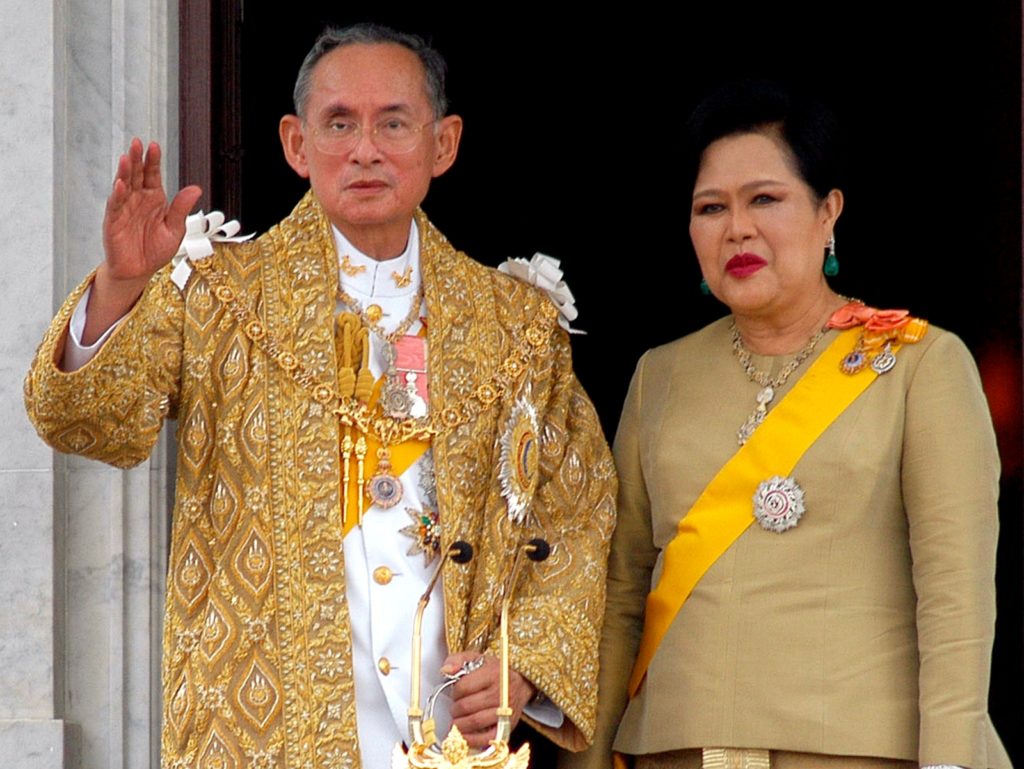
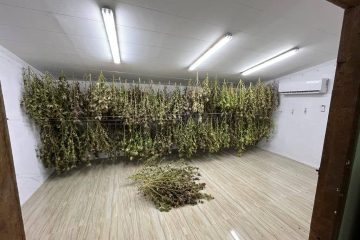
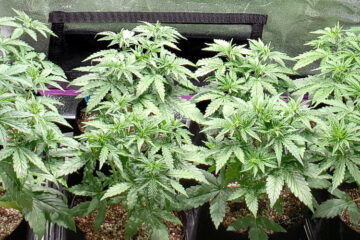
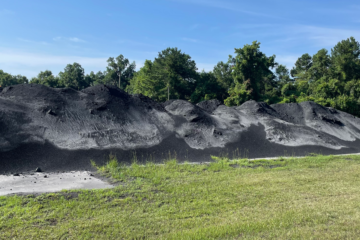
0 Comments